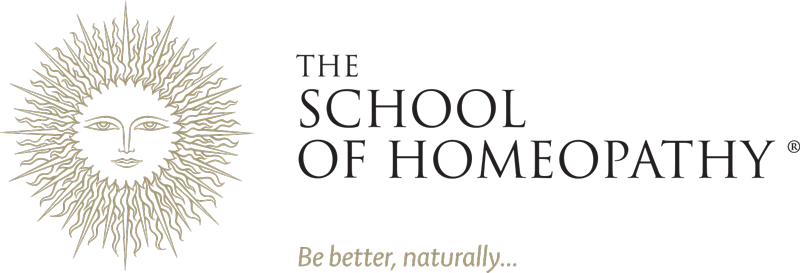Primarily associated with physical symptoms related to injuries, trauma, bruises and overexertion.
1. Key Characteristics
Arnica montana is often indicated for individuals who have experienced physical trauma or injuries. They may have a tendency to be fearful, anxious and sensitive to touch or jarring movements. Arnica individuals may exhibit a desire to be left alone and may feel overwhelmed by their symptoms.
2. Physical Symptoms
Arnica montana is commonly used for conditions associated with bruises, contusions and physical trauma. It is also employed for muscular soreness, sprains, strains and post-surgical recovery. Arnica can be beneficial for symptoms characterised by pain, inflammation and a feeling of soreness or stiffness.
3. Emotional and Mental Aspects
Arnica montana individuals may feel emotionally sensitive and may have a fear of being touched or approached due to the physical discomfort they experience. They may have a desire to withdraw from social interaction and prefer solitude during the healing process.
4. Aggravations and Ameliorations
Symptoms associated with Arnica montana may worsen with touch, movement or pressure. They may feel better with rest, gentle application of cold compresses and when left undisturbed.
5. Modalities
Symptoms may exhibit a specific pattern, such as worsening after physical exertion or injuries. There may be a sensation of bruised soreness or aching throughout the body.
Key rubrics
1. Physical trauma, injuries and bruises.
2. Soreness, stiffness and inflammation of muscles and joints.
3. Fearful, anxious and sensitive to touch.
4. Desire for solitude and withdrawal from social interaction.
5. Aggravation from touch, movement and pressure.
Please note that this is a general overview and it is important to consult a qualified homeopathic practitioner for an individualised assessment and appropriate remedy selection. They will consider the complete symptom picture, medical history and other factors to provide the most suitable treatment approach.

